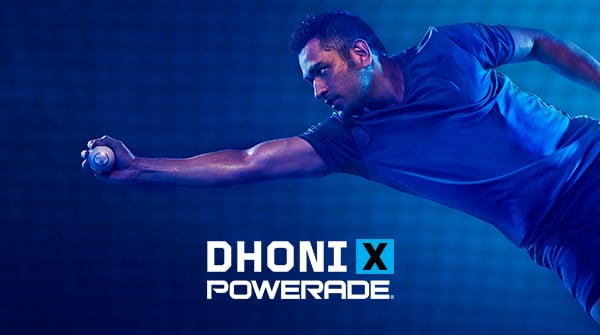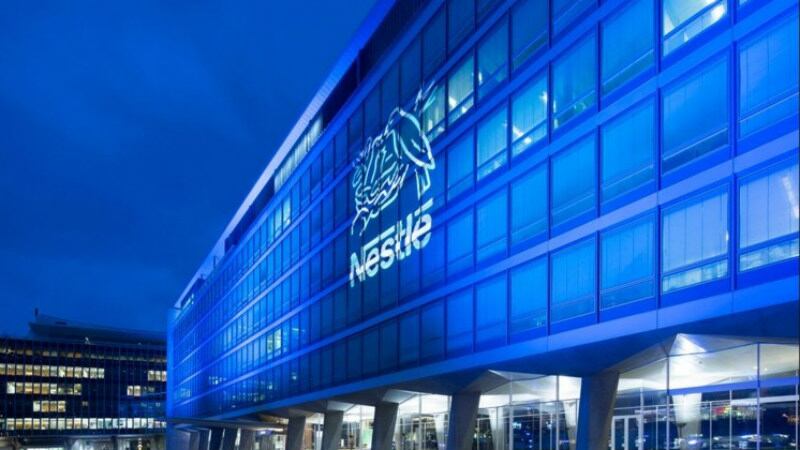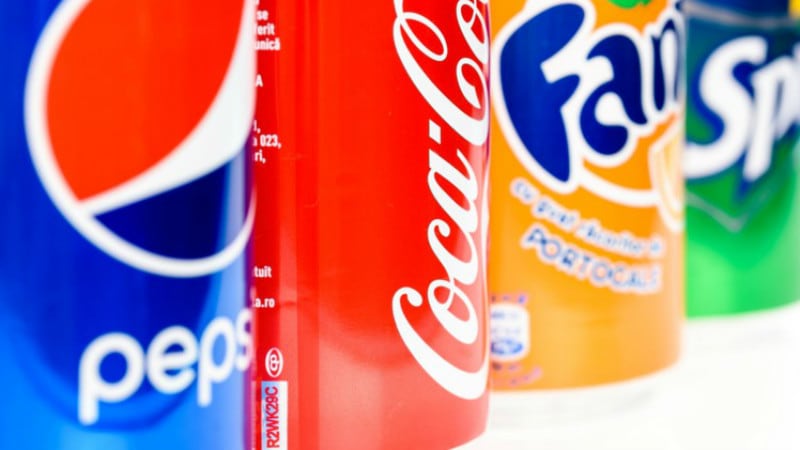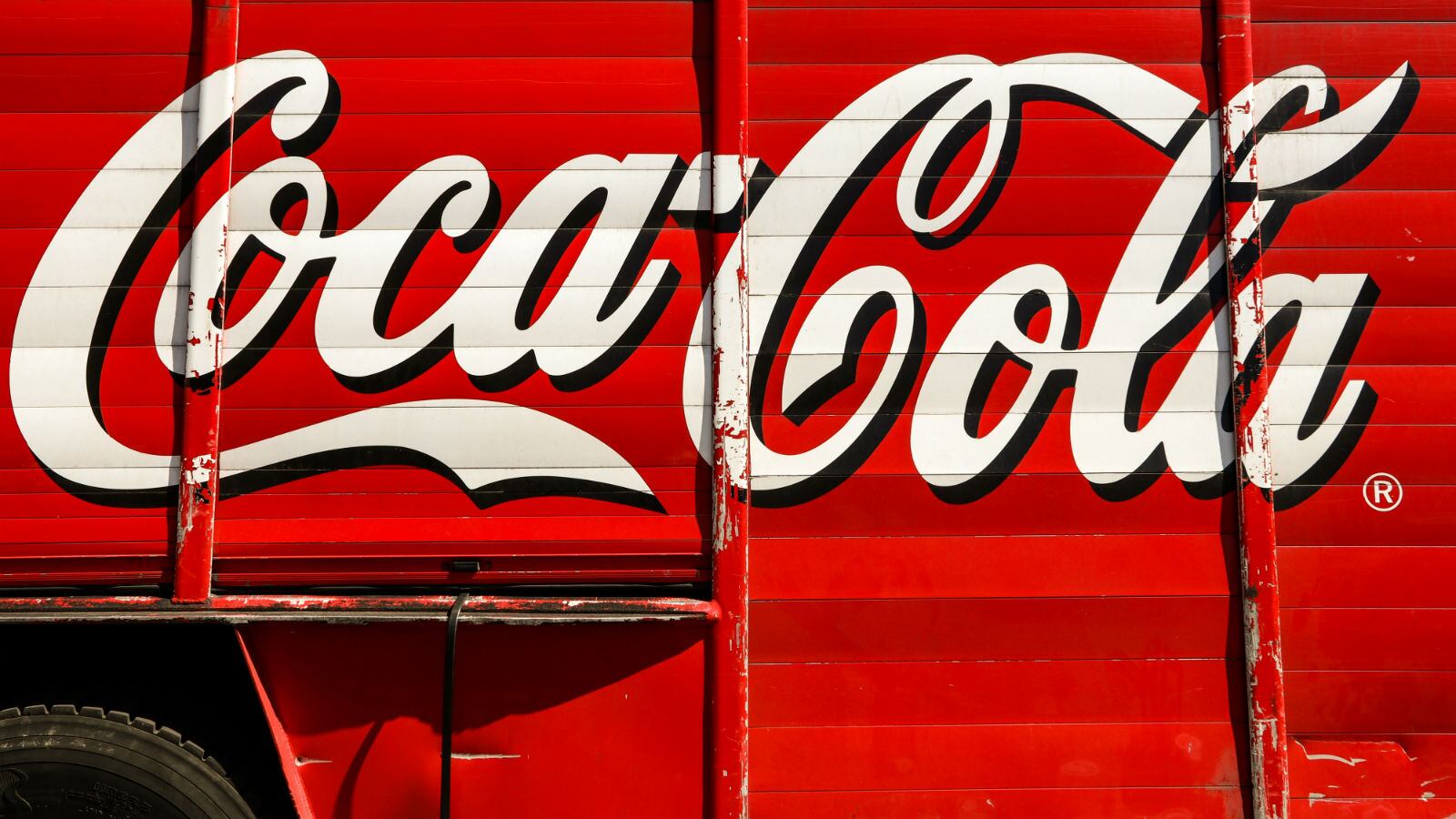“Powerade has been specially formulated with ION4 (Sodium, Potassium, Magnesium and Calcium) to give that powerful push required during a high-performance fitness activity or endurance sports,” a Coca-Cola India spokesman told FoodNavigator-Asia.
“[It] contains a balance of carbohydrates and electrolytes that [delivers quick hydration], enhances performance and aids in faster recovery of athletes during an intense physical activity.
“[Apart from this], flavour is another important aspect of [the] sports drink that helps stimulate drinking during or after exercise, [and] there is evidence that consuming sodium-containing sport drinks stops the thirst mechanism from [switching] off prematurely.”
Powerade is the company’s first product launch in the sports hydration category.
Overall, sports hydration is recognised as a nascent category in India, and this launch was motivated by a ‘surge in consumer interest in sports, ubiquitous smart wearable technology, establishment of new sports leagues and rise of new age fitness centres’.
“The launch reiterates our strategy to drive growth by expanding our category play and offer consumers more of the beverages they want for every occasion in their lives,” said Coca-Cola India Director of Emerging Categories Anoop Manohar.
“[Our] research has shown that a growing population of sports and fitness enthusiasts in India are looking for evolved hydration solutions that help them perform better. Powerade is a global sports hydration brand [which] fuels fitness and sports enthusiasts, and helps them push their limits.
Powerade is priced at INR50 (US$0.72) for 500ml, and is available in two flavours throughout the country: Orange Surge and Mountain Blast.
“We decided to start with these flavours in India [because they] are popular and widely preferred,” said the Coca-Cola spokesman.
Sports drinks and sugar
Despite their touted hydration benefits, sports drinks have also long drawn criticism for high sugar content, which is often present for energy provision.
Traditional Powerade drinks in other parts of the world such as the United States are no different, as these contain some 34g of sugar.
According to Australian Dental Association (ADA) Oral Health Committee Chair Dr Peter Alldritt, sports drinks carry a variety of health risks if consumed too often by the average consumer.
“Not only are sports drinks acidic and high in sugar, but people tend to sip on them frequently during exercise rather than consuming them all at once. This increases the time that teeth are exposed and leaves them vulnerable to dental damage,” he told the Rethink Sugary Drink health alliance.
“Sports drinks are designed for elite athletes and not the average weekend warrior. Frequent use can cause teeth erosion and increase your risk of tooth decay. We are alarmed that people consume these drinks even when they're not exercising – when they are working at their desk or watching TV. Water should be the choice for hydration.”
Coca-Cola India has stated that the local version of Powerade was ‘developed alongside sports scientists’ and contains ‘no added sugar’, making it an ‘apt choice of hydration for the calorie conscious consumers’.
That said, although Powerade is marketed as containing ‘no added sugar’, according to the Coca-Cola website it is sweetened with two other artificial sweeteners: sucralose [additive code #950] and acesulphame K [additive code #955] – the safety research for which is ‘ongoing, but not yet conclusive’, according to health information website Healthline.





